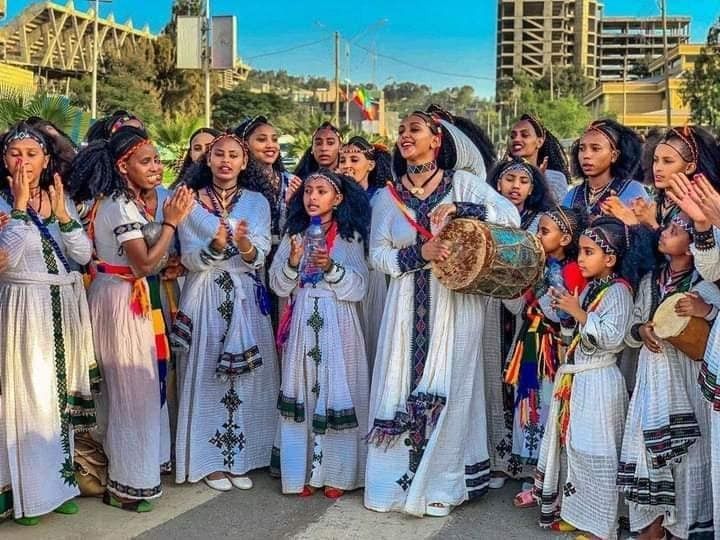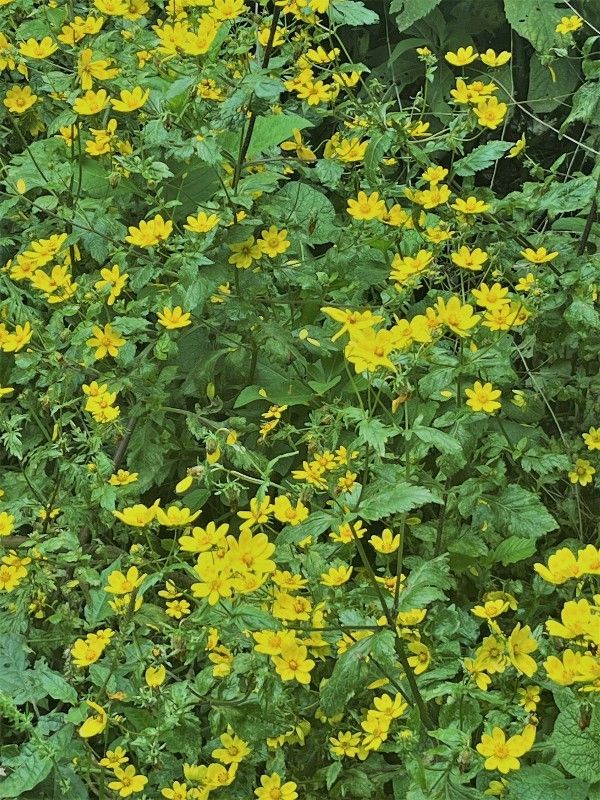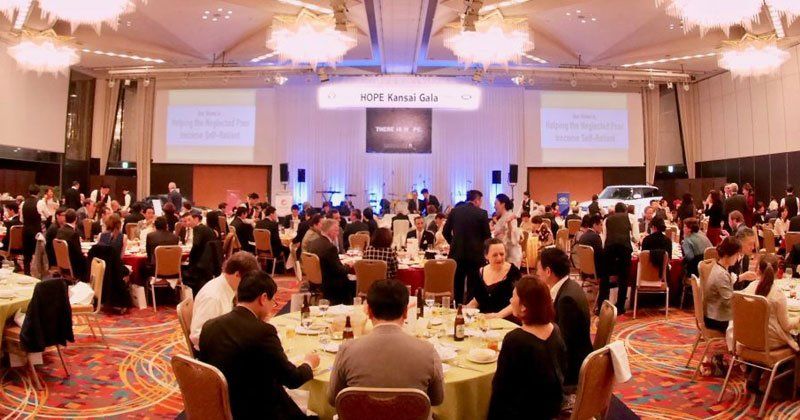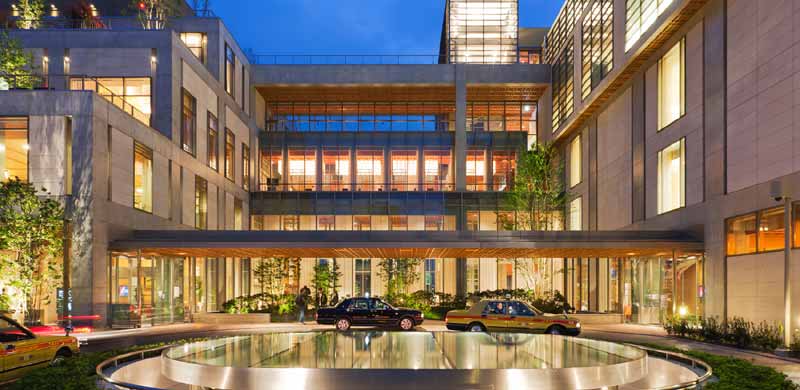Ethiopia's Gorgeous September
The feast is raw meat!
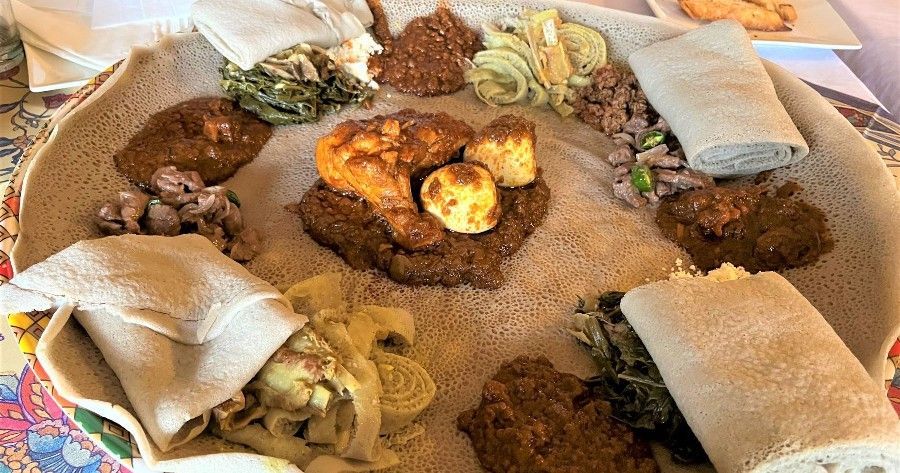
Hello, dear reader. I am Kimura, a Field Officer with HOPE Japan stationed in Addis Ababa, Ethiopia.
Here in Ethiopia we celebrate a variety of festivals, but from the end of August to the end of September when the rainy season comes to an end is the most festive time of the year. I would like to introduce three festivals that are held in Ethiopia during this time of year.
Ashenda, a festival celebrating women
In late August, you can see groups of women dancing and playing drums all over the streets of Addis Ababa. Ashenda is a traditional event celebrated in the Tigray Region in northern Ethiopia. It is held between August 16th and the 26th to honor the arrival of the Virgin Mary to Ethiopia and to pray for the prosperity of her descendants. Many women get dressed in traditional attire with their customary northern braids. In Addis Ababa, I saw groups of women marching through the streets beating small drums, surrounding people they met (especially men) to receive cash gifts for the New Year's celebrations. This year was especially exciting as it was the first Ashenda since the end of the Tigray conflict in northern Ethiopia.
A Guide to Ashenda: The Ethiopian Women's Festival (19 Sep, 2023)
The Beginning of the New Year 2016
The fact that the Ethiopian New Year is celebrated in September, and not January, is explained in a previous post (What's the date in Ethiopia today?) so some of you may be familiar with this fact. The calendar that is followed in Ethiopia is different from the Gregorian Calendar that we are familiar with in Japan among many other countries. The calendar used by the Oriental Orthodox Church (the Greek Orthodox Church) has 13 months in a year, and it is 7 years and 8 months behind the Gregorian Calendar. As the New Year approaches in late August, the streets of Addis Ababa become colorful.
At the end of the rainy season, shopping malls and retail stores are decorated with yellow balloons and motifs of yellow Meskel flowers, which are said to only bloom in Ethiopia. Women can often be seen wearing Meskel hair accessories sold on street corners. It's similar to how the streets are decorated in red and green during Christmas in Japan. People are busy buying new clothes and foods for the New Year's feast, crowding the stores in town and when prices of goods skyrocket.
Ethiopia welcomed the New Year 2016 on September 12th, 2023. On New Year's Day, Ethiopians often spend their time at home with their families, and consequently the main roads, which are usually crowded, are empty of people and cars, making it the quietest day in Addis Ababa. Many families celebrate by eating an Ethiopian delicacy called Doro Wot, a stew of chicken and boiled eggs simmered with the traditional spice Berbere.
Maskel Festival and a Feast of Raw Beef
September 28th is the Meskel Festival, which is a bigger celebration than New Year’s. Meskel, an important event of the Ethiopian Orthodox Church, a religion that is practiced by more than half of the population in Ethiopia, is a festival to celebrate the discovery of the True Cross on which Jesus was crucified. Meskel Festival has also been written about in a previous post at the following link.
Raw beef or Kurt is often eaten during Meskel celebrations. Emmebet, our accountant at HOPE Ethiopia's Addis Ababa office, is a big fan of Kurt. It is a very popular dish in Ethiopia, that is not only eaten during festivities, but also as a slightly luxurious meal, and you can see restaurants serving Kurt everywhere, especially in Addis Ababa. Emmebet also claims that her family visits a restaurant to eat raw beef once a month. The meat is served in chunks, which you hold between your fingers as you deftly cut it with a knife, dip it in a spicy sauce, and eat it with injera (a sour crepe-like food that is a typical Ethiopian staple). I have eaten raw beef several times, and it tastes like rich tuna sashimi, and the more I eat it, the more delicious it becomes. However, I have heard that even Ethiopians often get upset stomachs from eating raw beef, so you have to be careful not to eat too much.
Ethiopia is home to more than 80 ethnic groups. The Ashenda festival belongs to the culture of the Tigrayan people who live in northern Ethiopia, and is not celebrated in southern Ethiopia, where HOPE operates. On the other hand, in southern Ethiopia, Meskel is the biggest event of the year, and it is said that Meskel Day, rather than New Year's Day, is celebrated as the beginning of the new year. For the people in the rural communities where HOPE operates, raw beef is rarely eaten due to its high price, but on Meskel, each family slaughters a cow or goat to celebrate the day. I wish for all Ethiopians to live happily and peacefully in the year 2016.
Reference»
https://absoluteethiopia.com/

